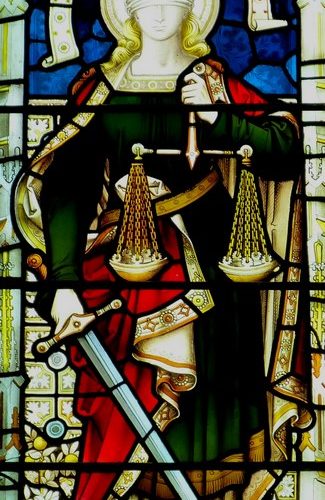On January 18, 2024, the ECJ issued the preliminary question in the Customs case C-33/24 (ROSAS).
In the present dispute, the Fővárosi Törvényszék asks whether the applicant was entitled under Article 173(3) of the Customs Code to request that the customs declaration be amended, after the goods in question had been released for free circulation, so as to change the form of representation from indirect to direct.
Facts
- The applicant applied for the release for free circulation of non–Union goods received on 30 May 2022 under air waybill number 235–47241261 (‘the goods in
question’). In the customs declaration lodged electronically under identification number HU12100024022ED6RT2 (‘the customs declaration’), it stated that it wished to participate in the customs procedure as the indirect representative of PBT Hungary Kft. The Nemzeti Adó– és Vámhivatal Repülőtéri Igazgatósága (Airports Directorate of the National Tax and Customs Authority; ‘the first–tier tax authority’) accepted the customs declaration and, as requested, released the goods in question for free circulation by decision No 6651931509/2022/NAV of 30 May 2022, with the applicant as indirect representative. Subsequently, the
applicant submitted to the first–tier tax authority an application, dated 1 June 2022 (‘the application’), seeking to have the customs declaration amended, on grounds of a typographical error in the representative status code, so as to show the applicant as the direct representative [of PBT Hungary]. The applicant attached to the application a power of attorney, drawn up in its favour by PBT Hungary on 23 May 2022, relating to the grant of the right of direct customs representation for the purposes of the release for free circulation of the goods in question. - By decision …, the first–tier tax authority refused the application. By decision …, the defendant confirmed the first–tier decision. In its reasoning, it stated that the first–tier tax authority had rightly concluded that the application to change the declarant was inadmissible. It noted that, in accordance with Article 173(3) of Regulation (EU) No 952/2013 of the European Parliament and of the Council laying down the Union Customs Code (‘the Customs Code’), the declarant may, in principle, amend the particulars of the customs declaration but may not designate another declarant in his or her place, as he or she would thus ‘exit’ the procedure and be replaced as debtor by a person independent of him or her. The possibility of amending those particulars is justified by the need to comply with the rules governing the customs procedure. Consequently, although the content of the customs declaration could be amended, the identification of the declarant – in this case, the applicant – could not. The defendant notes in relation to the judgment of the Court of Justice in Pfeifer & Langen (C-97/19), relied on in this context by the applicant, that, in that judgment, the Court of Justice did not say that it is possible to change the identity of the declarant in the customs declaration. In that judgment, it simply held that the customs declaration must make clear the existence of a legal relationship of indirect representation, rather than one whereby the agent acts exclusively in his or her own name and on his or her own behalf.
Question
- Must Article 173(3) of Regulation (EU) No 952/2013 of the European Parliament and of the Council 1 laying down the Union Customs Code be interpreted as meaning that it allows an indirect customs representative – identified as such as a result of a typographical error – acting as customs declarant to amend a customs declaration already lodged and verified after the goods in question have been released for free circulation, so that, by changing the representative status code, he or she subsequently becomes the direct representative?
Source















